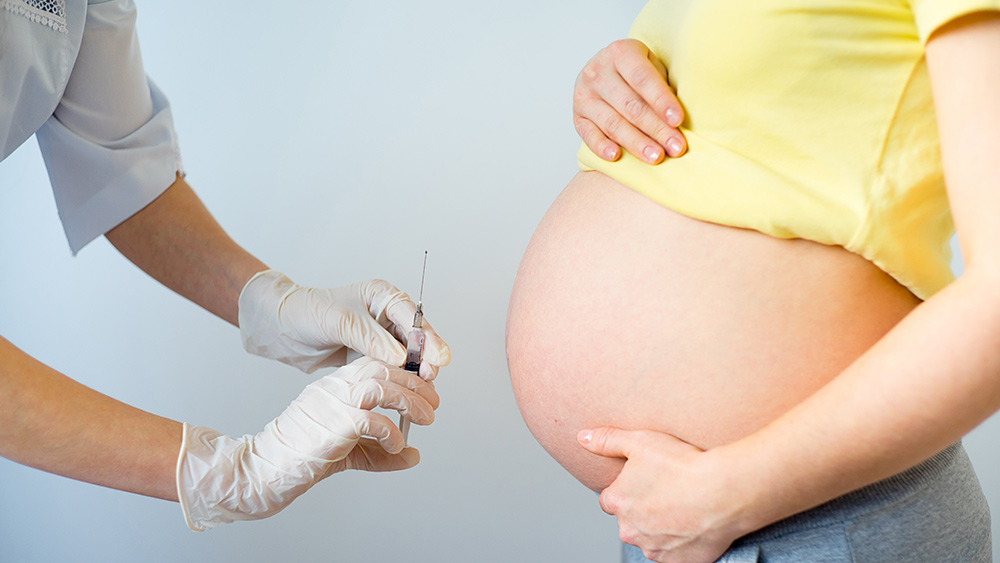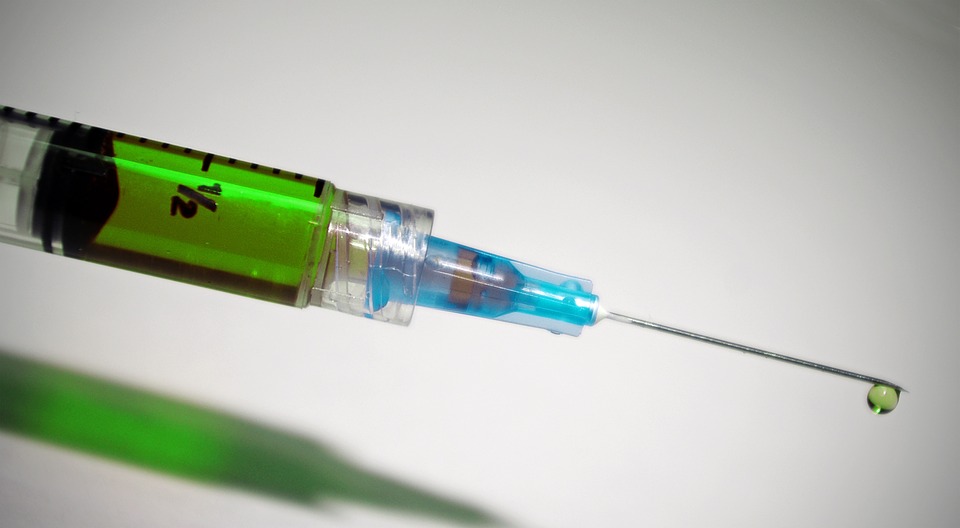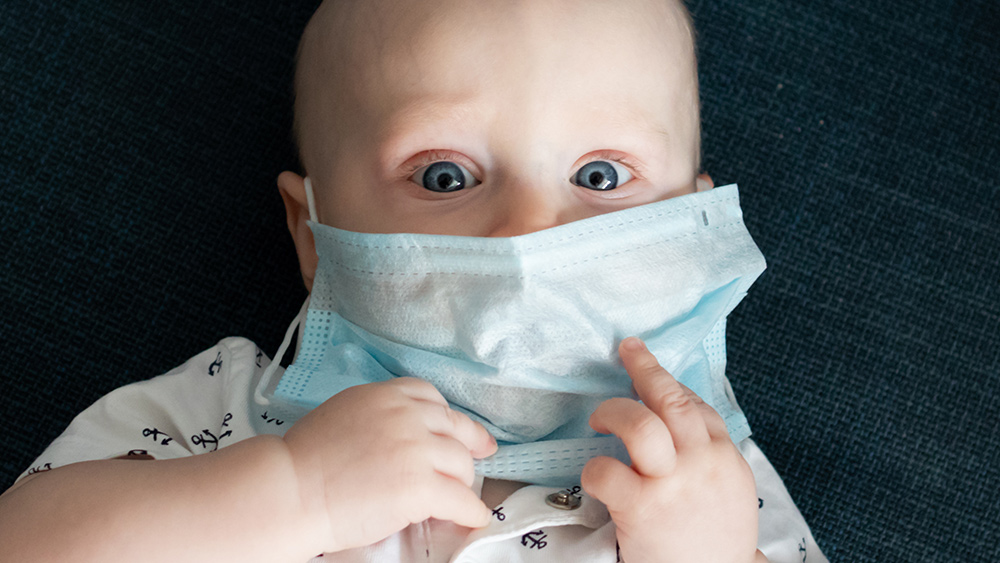Heart damage caused by chemotherapy keeps rising rapidly… chemo is poison
12/28/2016 / By Robert Jonathan

Yet another disturbing warning has emerged about the toxic side effects of chemotherapy drugs, in this instance as a risk factor for cardiotoxicity, a condition which is apparently more pronounced for those diagnosed with diabetes.
Chemotherapy is an invasive and toxic treatment meant to kill cancer cells in the body. Unfortunately, chemo doesn’t make a distinction between a cancerous or a healthy cell. As a result, it kills all living matter in its way as is well known from various unfortunate horror stories.
Chemo drugs are known to undermine the immune system. Natural News previously asserted that chemotherapy only makes tumors recede temporarily, and subsequently the cancer spreads throughout the body with a vengeance. Big Pharma continues to put virtually all or most of its anti-cancer eggs into the chemotherapy basket, however.
Earlier this year, a study from the UK suggested that about 8 percent of lung cancer patients and approximately 3 percent of breast cancer patients died within just one month of embarking on a course of chemotherapy, although for some hospitals, the mortality rate was substantially higher. The Academy of Medical Royal Colleges has separately put chemotherapy on its list of ineffectual treatments.
In findings presented at a European Society of Cardiology conference in Germany, EuroEcho-Imaging 2016, cardiologist Ana Catarina Gomes suggested that heart damage can be a side effect of chemotherapy drugs known as anthracyclines.
Dr. Gomes claimed that reports of cardiotoxicity (toxic effect to the heart) are on the rise “mainly because a smaller proportion of patients now die from cancer.”

“In the coming years this cardiotoxicity looks set to increase the burden of heart failure in cancer survivors.”
The doctor added that potential heart failure can be avoided through careful monitoring by healthcare professionals especially in the first year of chemo treatment “when up to 80% of the systolic dysfunction develops.”
The study followed 83 patients in their early 50s on average undergoing chemotherapy in a hospital in Portugal, 54 with breast cancer, 20 with lymphoma, and nine with gastric cancer. Data was gathered on a series of cardiovascular risk factors including hypertension and diabetes as well as past heart conditions. Among the subjects, 31 percent had high blood pressure, seven percent were diabetic, and 15 percent smoked. Doctors treated them either doxorubicin or epirubicin.
The Hospital Garcia de Orta administered echocardiograms to the patients in the study before, during, and after chemotherapy.
“Patients with diabetes showed more signs of the damage that’s considered an early warning sign of heart failure. But the study did not prove that the blood sugar disease caused more damage from chemotherapy,” HealthDay News explained.
The study concluded that “Cardiotoxicity can be a side effect of chemotherapy (CT) with anthracyclines and other drugs,” and called for mandatory echocardiographic morning for those on chemo. “Chemotherapy with anthracyclines was associated with progressive and significant left ventricular dysfunction, starting as early as the first cycle.”
In a news release, Gomes cautioned that “Cancer patients should strictly control cardiovascular risk factors with lifestyle changes and, if necessary, with medication. But, of course, cardiovascular prevention should never postpone the beginning of chemotherapy, since treating cancer is the first priority.”
Sources:
Submit a correction >>
Tagged Under:
cancer, heart disease
This article may contain statements that reflect the opinion of the author





















